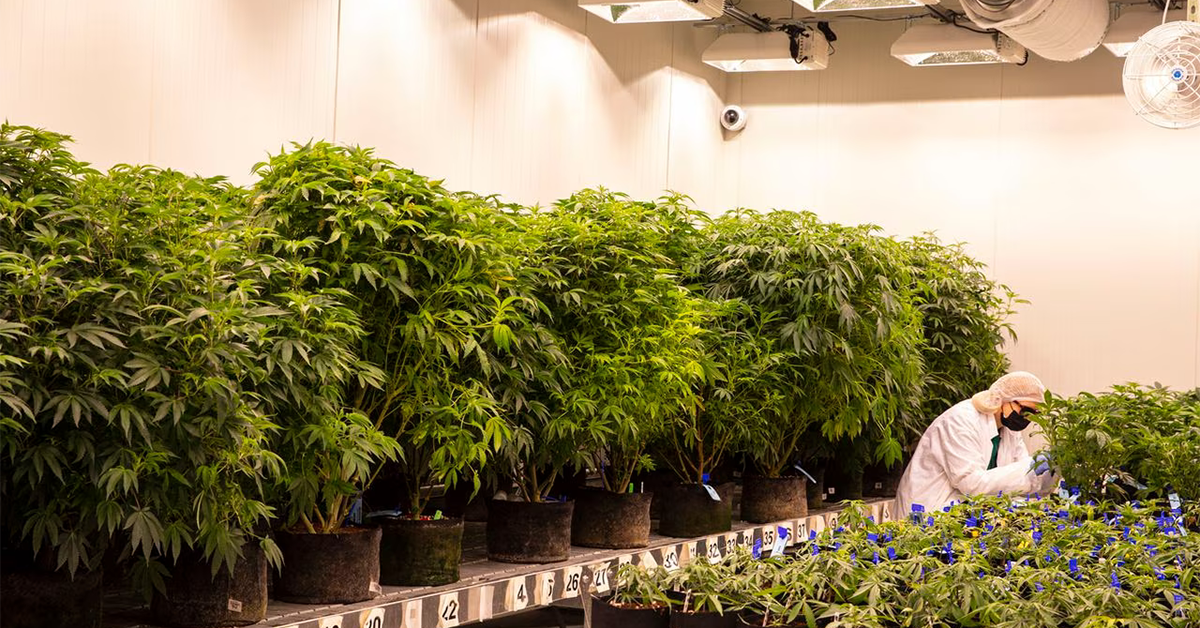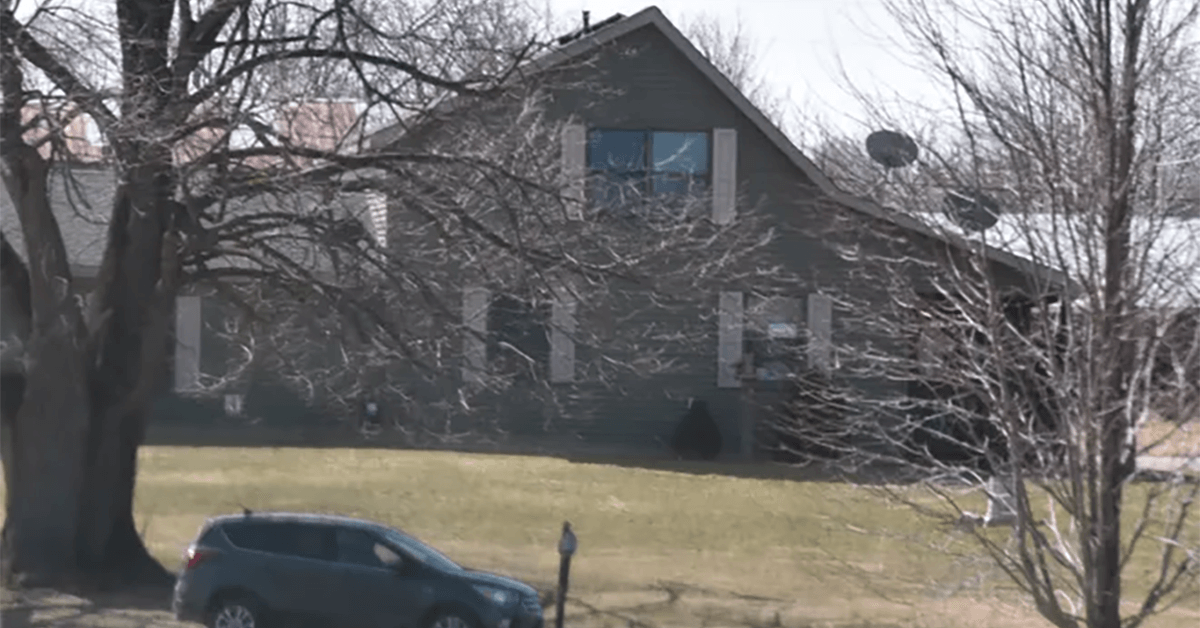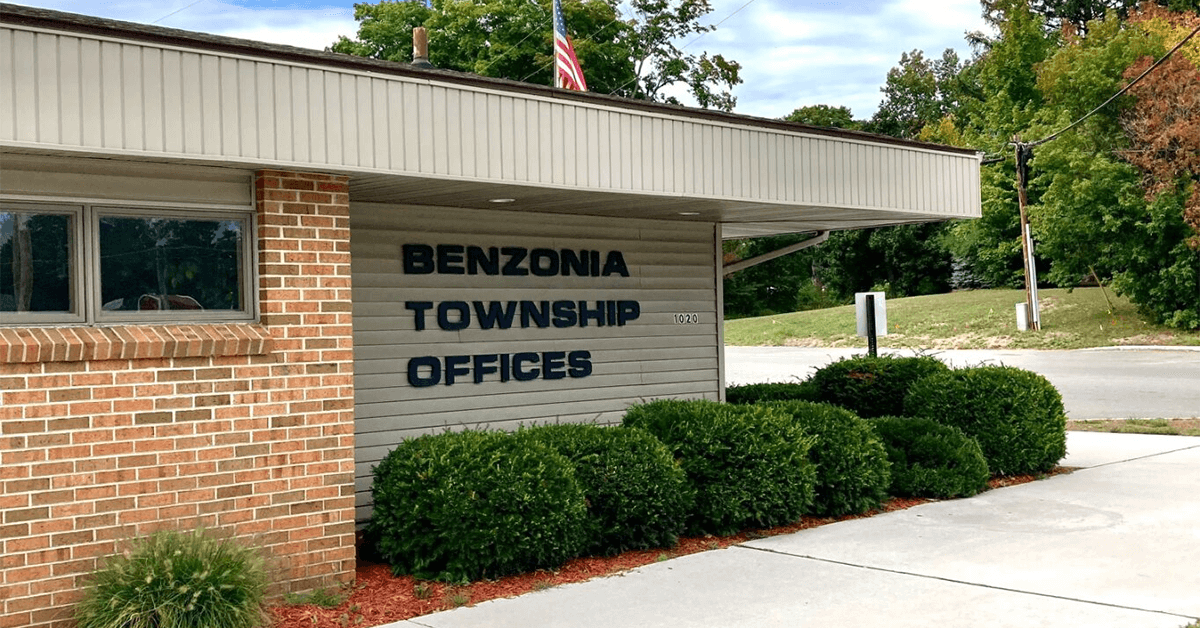Kalamazoo County Witnesses a Flourishing Cannabis Market

As the cannabis market in Michigan continues to blossom, Kalamazoo County encounters a notable shift in its fiscal landscape, propelled significantly by the tax revenues generated from the sales of cannabis and its related products. A deep dive into the 2024 county budget reveals an anticipated $1.75 million in cannabis tax revenue, marking it as potentially the highest amount the county has ever amassed since it commenced tax collections in 2021.
Highlighting Historical Revenue Trajectories:
A historical glance at the Kalamazoo County's cannabis tax proceeds portrays a trajectory that has been largely on the ascent:
- 2021: $1,072,615
- 2022: $1,555,236
- 2023 (Budgeted): $1,031,900
- 2024 (Projected): $1,750,000
Within the fiscal year 2024, which spans from October 1, 2023, to September 30, 2024, this surge in cannabis tax revenue underscores the maturation of Michigan's cannabis market, demonstrating not only its viability but also its substantial contribution to local governance.
Decoding the Distribution of Cannabis Tax Revenue
In adherence to Michigan law, the 10% excise tax derived from the sales of cannabis and its products is meticulously allocated with a structured distribution system. The excise tax delineation comprises 30% being shared amongst local municipalities and the residing counties, while 35% is apportioned to the School Aid Fund dedicated to K-12 education, and another 35% is channelled to the Michigan Transportation Fund.
The methodology of disbursing payments to various governments is partially contingent upon the count of marijuana business licenses situated within their jurisdictions. Kalamazoo Township, for instance, having approved rules for cannabis businesses in January 2020, witnessed the opening of the county's inaugural recreational dispensary in the same year.
Holistic Application of Tax Revenues
In an intricate financial strategy, Kalamazoo County has not pigeonholed the revenue generated from marijuana taxes for any specific department or project. As Taylor Koopman, Public Information Officer, articulated, the incorporation of marijuana tax revenue into the general fund creates a "collective financial resource" which is judiciously deployed across several spheres.
The areas benefitting from these funds span public safety, capital projects, public health, administrative services, and judicial and legal services. The overarching strategy ensures that the marijuana tax revenue is not merely significant but also constitutes a fragment of a larger financial reservoir in the general fund. Consequently, this sustains a wide array of services and operations imperative for effective governance and enhancing the quality of life in Kalamazoo County.
"It ensures a balanced and equitably distributed financial approach, guaranteeing that no single department or project is disproportionately prioritized over another," Koopman elucidated, "and remains in harmony with our dedication to catering to the multifaceted needs of our community."
Navigating Future Budget Allocations
Looking ahead, the Kalamazoo County commissioners have earmarked Tuesday, October 17, as the date to formally adopt the budget. The proposed 2024 budget forecasts a total of $352 million in revenues and an equivalent amount in expenditures. A detailed insight reveals that taxes constitute the predominant category of revenue, encapsulating approximately 27%.
Contrasting the 2023 budget, which demanded $393 million in revenues and expenditures, the 2024 proposed budget appears to be a decrease. However, expenditures in the county's primary funds are projected to be $131.4 million, signifying a 9.25% augmentation in appropriations from the previous year's $120.3 million.
These primary funds envelope several crucial entities including the general fund, law enforcement fund, parks fund, friend of the court fund, health fund, and child care fund. Additionally, the draft budget has allocated $466,000 to eradicate an estimated $89 million in medical debt shouldered by residents.
As Kalamazoo County navigates through this burgeoning cannabis market, the future indeed beckons with promise, bringing forth unparalleled opportunities and challenges in shaping a financially robust and community-centered governance model. Thus, positioning the county as a notable case study in harnessing the economic potentials of a maturing cannabis market within Michigan, and potentially setting a precedent for other counties and states to observe and learn from.
Note: Be sure to read the 2024 proposed budget for a comprehensive understanding of Kalamazoo County's financial planning amidst the burgeoning cannabis industry.
Share this article:
Spotted a typo, grammatical error, or a factual inaccuracy? Let us know - we're committed to correcting errors swiftly and accurately!








 Helpful Links
Helpful Links